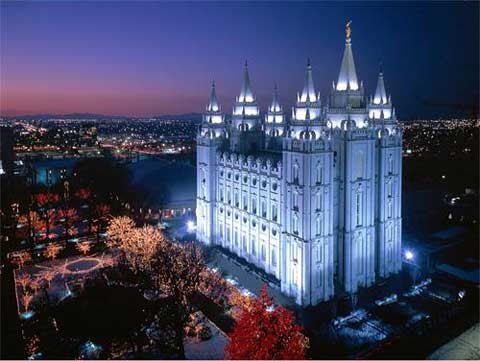
This was sent to me by a friend; I cannot vouch for it's authorship so I'll just post the body of the text here...
"The paradox of our time in history is that we have taller buildings but shorter tempers, wider freeways, but narrower viewpoints.
We spend more, but have less, we buy more, but enjoy less.
We have bigger houses and smaller families, more conveniences, but less time.
We have more degrees but less sense, more knowledge, but
less judgment, more experts, yet more problems, more medicine, but less wellness.
We drink too much, smoke too much, spend too recklessly, laugh too little, drive too fast, get too angry, stay up too late, get up too tired, read too little, watch TV too much, and pray too seldom.
We have multiplied our possessions, but reduced our values.
We talk too much, love too seldom, and hate too often.
We've learned how to make a living, but not a life.
We've added years to life not life to years.
We've been all the way to the moon and back, but have trouble crossing the street to meet a new neighbor.
We conquered outer space but not inner space.
We've done larger things, but not better things.
We've cleaned up the air, but polluted the soul.
We've conquered the atom, but not our prejudice.
We write more, but learn less.
We plan more, but accomplish less.
We've learned to rush, but not to wait.
We build more computers to hold more information, to produce more copies than ever, but we communicate less and less.
These are the times of fast foods and slow digestion, big men and small character, steep profits and shallow relationships. These are the days of two incomes but more divorce, fancier houses, but broken homes. These are days of quick trips, disposable diapers, throwaway morality, one night stands, overweight bodies, and pills that do everything from cheer, to quiet, to kill. It is a time when there is much in the showroom window and nothing in the stockroom. A time when technology can bring this letter to you, and a time when you can choose either to share this insight, or to just hit delete...
Remember; spend some time with your loved ones, because they are not going to be around forever. Remember, say a kind word to someone who looks up to you in awe,
because that little person soon will grow up and leave your side. Remember, to give a warm hug to the one next to you, because that is the only treasure you can give with your heart and it doesn't cost a cent. Remember, to say, 'I love you' to your partner and your loved ones, but most of all mean it. A kiss and an embrace will mend hurt when it comes from deep inside of you. Remember to hold hands and cherish the moment for someday that person will not be there again.
Give time to love, give time to speak! And give time to share the precious thoughts in your mind. AND ALWAYS REMEMBER: Life is not measured by the number of breaths we take, but by the moments that take our breath away."








 Dear Fellow Clergy:
Dear Fellow Clergy: